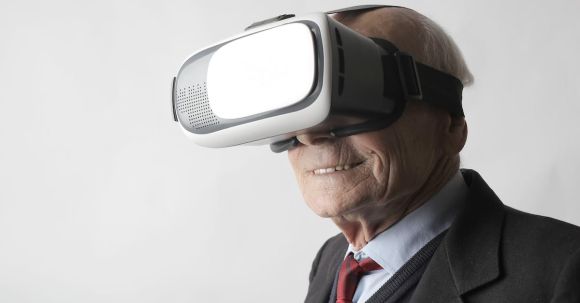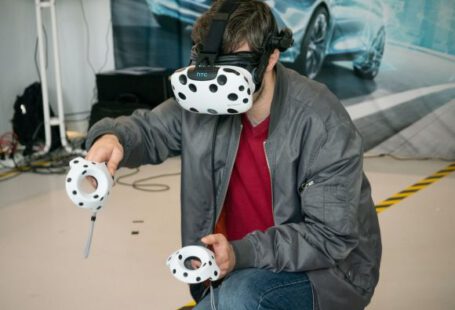In recent years, virtual reality (VR) has emerged as a groundbreaking technology that is transforming various industries. One particular field that has experienced significant changes due to VR is real estate marketing. With its immersive and interactive capabilities, VR is revolutionizing the way properties are showcased, allowing potential buyers to experience a virtual tour of a property from the comfort of their own homes. In this article, we will explore the ways in which virtual reality is changing the game for real estate marketing.
Creating Immersive Virtual Tours
Gone are the days when potential buyers had to physically visit multiple properties to get a feel for them. With VR, real estate agents can create immersive virtual tours that provide a realistic and detailed representation of a property. By wearing a VR headset, potential buyers can explore every room, examine architectural details, and even visualize the potential of a space through virtual staging. This technology allows buyers to save time and make more informed decisions about which properties they are genuinely interested in.
Enhancing Remote Viewing
One of the main advantages of VR in real estate marketing is its ability to enhance remote viewing. Traditionally, buyers relied on photographs and videos to get a sense of a property. However, these mediums often failed to convey the true size, layout, and atmosphere of the space. With VR, potential buyers can remotely view properties as if they were physically present. They can walk through the rooms, get a sense of the dimensions, and even experience the views from different windows. This level of immersion helps buyers to better evaluate properties from a distance and eliminates the need for unnecessary physical visits.
Enabling Personalization and Customization
Virtual reality also enables personalization and customization in real estate marketing. With VR technology, buyers can modify aspects of a property to suit their preferences. For example, they can change the color of the walls, rearrange furniture, or experiment with different interior designs. This level of customization allows buyers to envision themselves living in the space and make decisions based on their specific needs and tastes. By providing this flexibility, VR enhances the buyer’s emotional connection to the property, increasing the likelihood of a sale.
Facilitating Off-Plan Sales
VR is particularly beneficial for off-plan sales, where properties are sold before they are built. In such cases, buyers often struggle to visualize what the final product will look like based on floor plans and renderings alone. With VR, developers can create virtual representations of the properties, allowing buyers to explore them in detail before they are constructed. This technology gives buyers a realistic sense of the space, enabling them to make more confident purchasing decisions. Additionally, developers can use VR to showcase different customization options, giving buyers a better understanding of the possibilities available to them.
Conclusion: A Game-Changer for Real Estate Marketing
Virtual reality is undeniably revolutionizing real estate marketing. By creating immersive virtual tours, enhancing remote viewing, enabling personalization and customization, and facilitating off-plan sales, VR is transforming the way properties are marketed and sold. As the technology continues to advance, it is likely to become an essential tool for real estate agents and developers, providing an unparalleled experience for potential buyers. With VR, the future of real estate marketing is already here.





